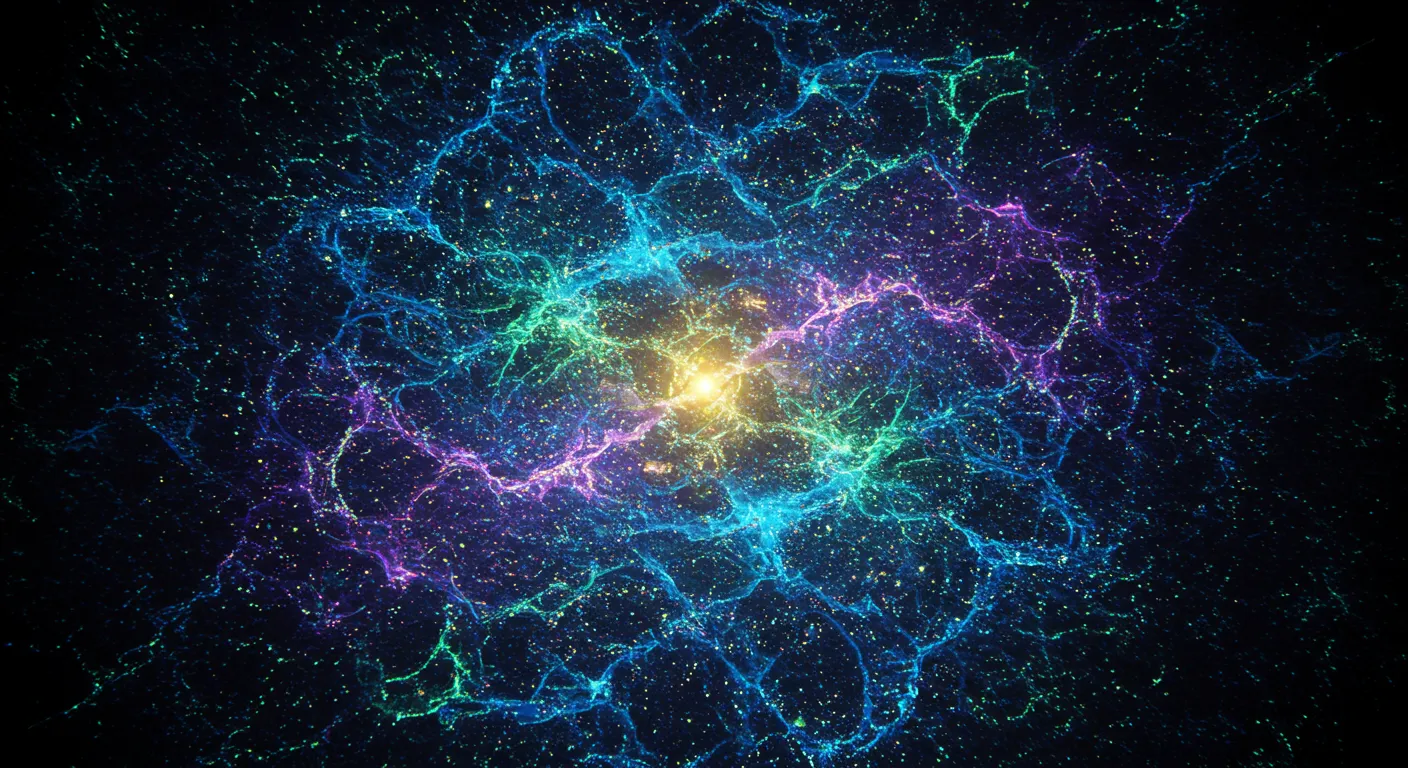In the rapidly evolving world of artificial intelligence, a fascinating new approach is emerging that might just make our digital assistants think harder. Online commentators are experimenting with making AI models argue with themselves, creating internal debates that could improve the quality and depth of machine-generated responses.
The core idea is surprisingly simple: instead of accepting an AI's first answer, developers are creating workflows where multiple AI "personas" challenge and critique each other. Imagine an AI that doesn't just spit out an initial response, but then immediately plays devil's advocate, poking holes in its own reasoning and refining its output.
These experimental techniques draw inspiration from human problem-solving methods. Just as people might brainstorm an idea and then critically examine it, these AI systems are being designed to generate multiple perspectives and evaluate their own work. Some developers are creating elaborate setups with different AI agents acting as researchers, critics, and judges.
The approach isn't just academic curiosity. Practical applications are already emerging, from code generation to complex problem-solving. By forcing AI to critically examine its own output, developers hope to reduce hallucinations, improve accuracy, and create more nuanced responses that go beyond surface-level information.
However, the technique isn't without challenges. Not all AI models are equally good at self-critique, and the computational overhead of these multi-agent debates can be significant. Yet for many tech enthusiasts, it represents an exciting frontier in making artificial intelligence more sophisticated and reliable.


